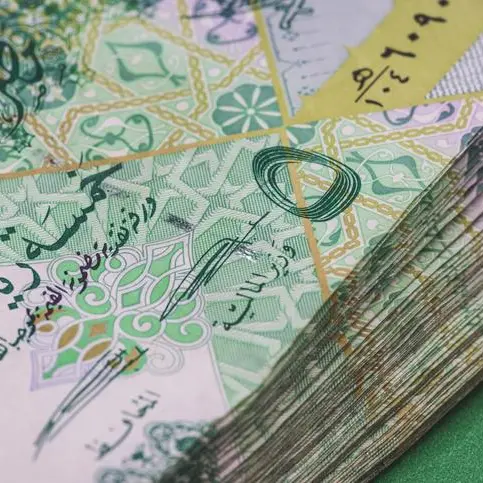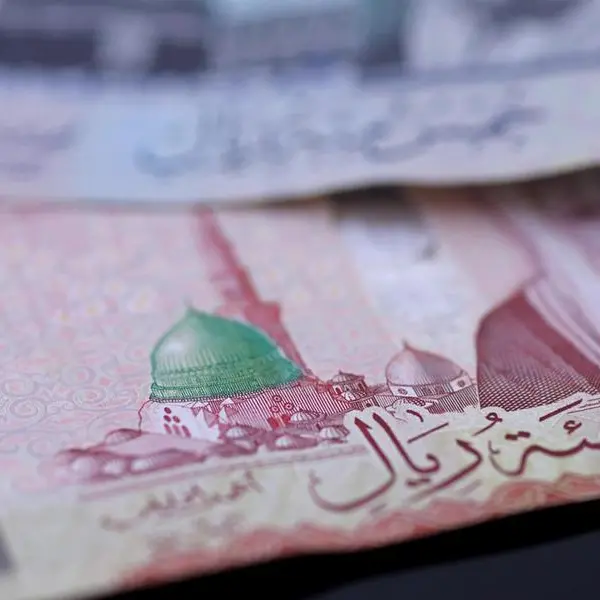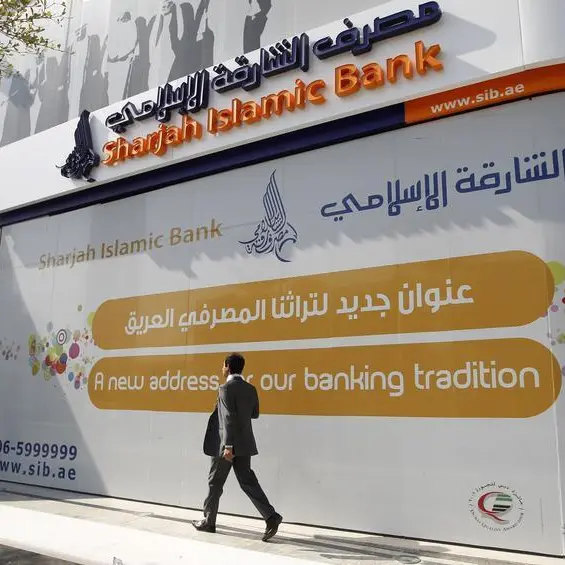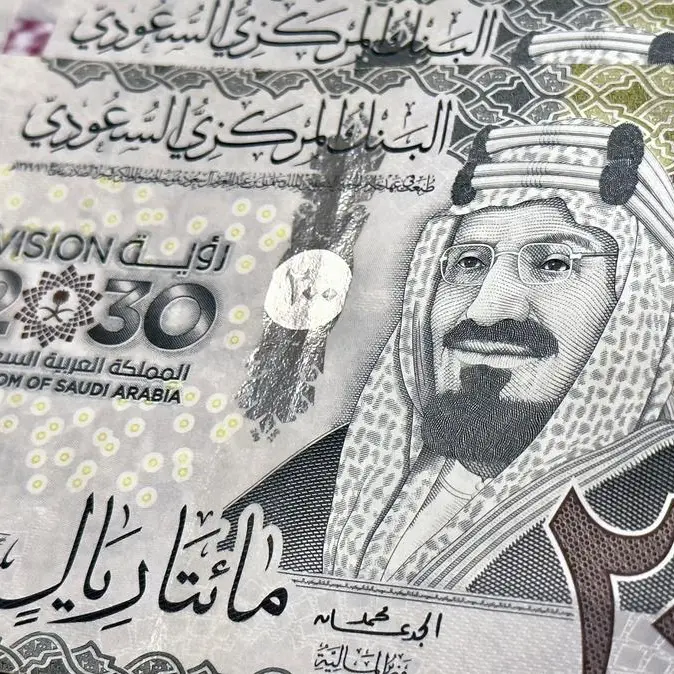PHOTO
Doha, Qatar: The Islamic finance sector is undergoing rapid expansion. With its steadfast commitment to ethical and moral principles, Islamic finance has the potential to offer a unique and sustainable approach to finance, contributing to the construction of a more equitable and just global economy that benefits individuals and communities worldwide.
Hamad Bin Khalifa University (HBKU) in collaboration with Qatar Financial Centre (QFC) organised the 6th International Conference on Islamic Finance, yesterday which provided a platform for scholars, researchers, and practitioners to engage in discussions about the latest developments and challenges in the field of Islamic finance.
With the theme ‘Advancing Ethical and Sustainable Economy: Islamic Finance Solutions for Environmental, Social, & Economic Challenges in the Digital Age,’ the conference underscored the importance of integrating emerging technologies with Islamic finance to devise innovative solutions for contemporary problems.
Delivering the opening remarks, Dr. Recep Şentürk, Dean, HBKU’s College of Islamic Studies, said “We at the College of Islamic Studies are very proud to host this conference annually to address some of the most important emerging issues and developments in Islamic economies, finance and other related areas from a very broad perspective.”
Talking to The Peninsula, Dr. Recep Şentürk, noted that this year’s focus is on advancing an ethical and sustainable economy. “Islamic ethical values provide us guidelines in how we conduct finance and economic activities in such a way that there is no harm for society and environment. So this is the uniqueness of Islamic finance and economics and the world today needs this broad and holistic perspective in financial and economic activities,” he said.
Dr. Şentürk further said, the conference we also highlights digitalization which is a global phenomenon but This digitalization should be guided by the Islamic ethical values perspective.
Speaking about Islamic financial institutions growth in Qatar, GCC and the world, he said, “They are doing their best to compete with the conventional financial institutions and trying to demonstrate that Islamic finance is better than conventional value free finance. These institutions have relationships with scholars of Shari’ah and they try to work under their guidance to make their work compatible with the Islamic ethical values.”
Delivering the keynote address, Nasser Al Taweel, Deputy CEO, Chief Legal Officer and Board Secretary, QFC noted that over the years the conference has solidified its obligation as a premium platform for sharing insights into the present and future of Islamic finance.
“The ongoing environment challenges and rapidly approaching critical threshold is leading to concerning impact on our planet’s ecological balance and stability. In this critical time, Islamic finance can be a compelling tool to address the global sustainable development goals for pulling us towards sustainable and equitable social conditions we all desire,” he said.
Islamic finance principles are inherently aligned with sustainable inequitable financial practices discarding investments that harm the environment or exploiting vulnerable population. Through the promotion of ethical and social responsible financial activities, facilitation of financial inclusion and support for sustainable projects Islamic financial institutions can make sustainable contributions to global sustainable development goals endeavors.
Ambassador Musa Kulaklik, Assistant Secretary-General for Administration and Finance, Organization of Islamic Cooperation, said Islamic finance presents a unique opportunity to make substantial contributions to social welfare and poverty alleviation through its distinctive instruments and principles.
The Islamic finance sector is undergoing rapid expansion. Across the globe hundreds of interest free financial service providers are operating, shaping, and thriving landscape.
According to the latest statistics the Islamic financial industry is almost $4 trillion in total assets in 2021. Projections indicate that the global financial industry is poised to grow to $6 trillion by 2026.
He added, Islamic finance and banking services undoubtedly serve as indispensable tools for the economic growth and development of less developed and developing countries. With its ethical foundations and focus on equitable wealth distribution Islamic finance hold the potential to play a pivotal role in achieving inclusive and sustainable growth by fostering financial, supporting ethical investments and promoting responsible risk sharing. Islamic finance can contribute to economic development that benefits all segments of the society while preserving the environment for future generations.
Dr. Michael J Benedik, Provost, HBKU; Sheikh Yousef Hassan Khalawi, Secretary-General, al-Baraka Islamic Economics Forum, Saudi Arabia, and Board Member, al-Baraka Group also spoke during the conference.
The two day conference will cover a wide array of topics, ranging from the role of Islamic finance in tackling environmental challenges to the impact of emerging technologies on the field. Researchers, academics, practitioners, and policymakers will submit their original research papers and case studies aligned with the conference theme.
© Dar Al Sharq Press, Printing & Distribution. All Rights Reserved. Provided by SyndiGate Media Inc. (Syndigate.info).





















